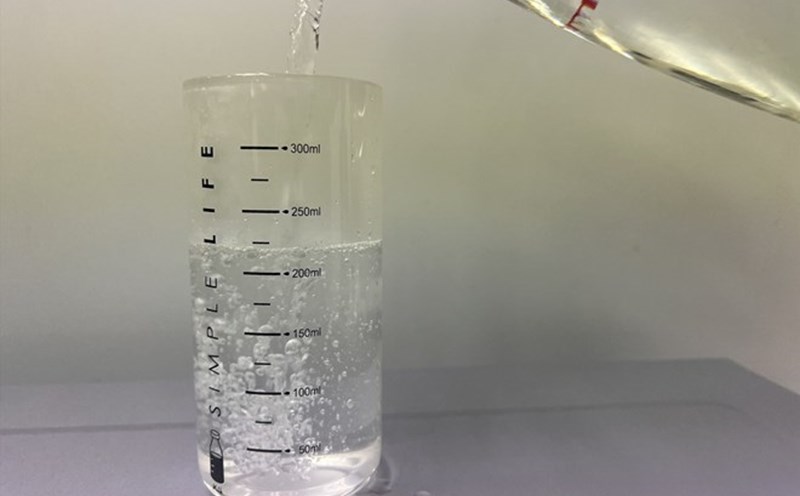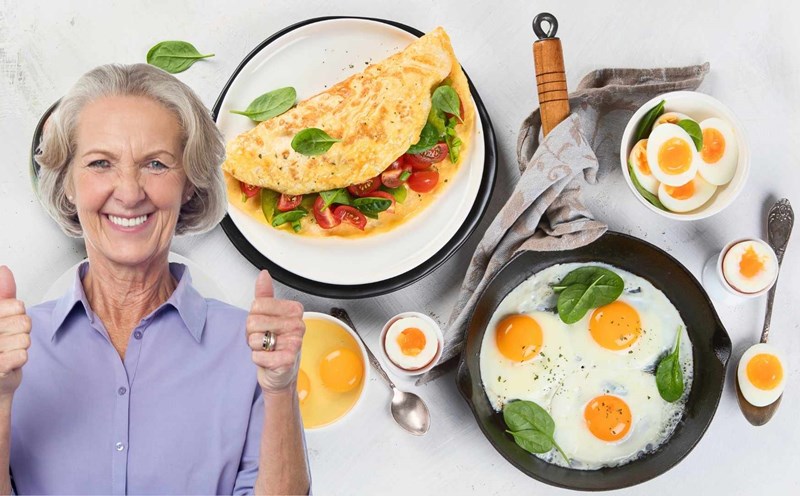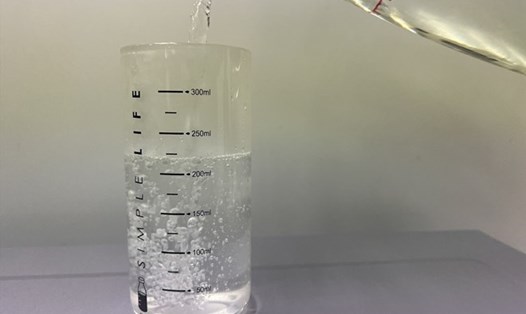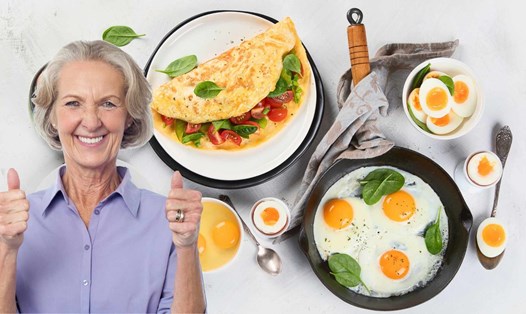Why is protein important for women?
Dr. Sonia Gandhi - Head of Clinical Nutrition and Dietetics at Fortis Mohali Health Center (India) - said that protein is the main component that makes up muscles. For women, consuming enough protein helps maintain and develop muscles, especially when exercising.
Protein can also affect the body's hormone balance. For women in particular, protein helps maintain estrogen and other hormone levels in the body, which can support reproductive health and reduce symptoms associated with the menstrual cycle or menopause.
In addition, protein can help control hunger and boost metabolism. Eating more protein-rich foods helps women feel full longer, thereby reducing the likelihood of snacking and supporting the process of losing weight or maintaining an ideal weight.
Instead of consuming large amounts of protein at one time, we should aim for smaller portions throughout the day, advises Dr. Sonia Gandhi.
“Consuming protein at all three meals of the day helps with muscle recovery and growth. Nutritionists recommend the 20-20-20 rule. This means you should aim for about 20 grams of protein at each meal (breakfast, lunch, and dinner). This ensures a steady supply of amino acids throughout the day,” says Dr. Sonia Gandhi.
According to Dr. Pooja Gupta, nutritionist at Paras Health Center, Panchkula (Haryana state, India), women need protein because of its ability to slow down the digestion process and help them feel full for longer. It also maintains healthy hair, skin and nails.
Why Women Need More Protein Than Men
There are a number of physiological and health reasons why women's protein needs may be higher during certain stages, including:
Pregnancy and breastfeeding: During pregnancy and breastfeeding, a woman's body needs more protein to support fetal development.
Menstrual cycle: Women can lose a significant amount of blood and nutrients during their menstrual cycle, which can increase their protein needs to maintain health.
Physiological characteristics: Although men may have greater muscle mass due to hormonal differences (testosterone), women still need protein to maintain muscle function and overall health, especially when they are physically active.
Aging: Postmenopausal women also need more protein to maintain muscle mass and bone health, as reduced estrogen levels can make them more susceptible to muscle loss and increase their risk of osteoporosis.










